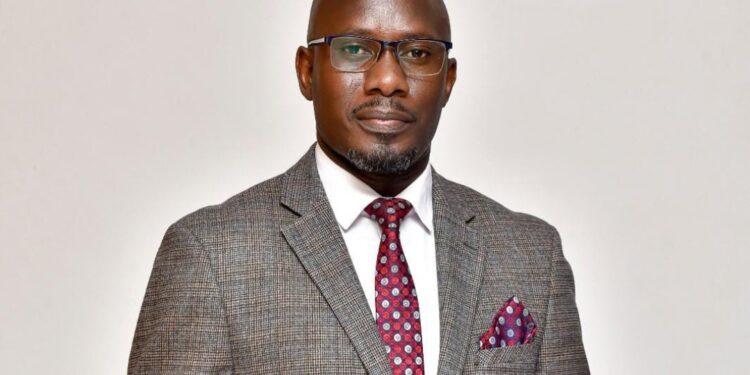In today’s digital era, social media has emerged as the primary arena for public discussion. Billions of people worldwide now have a platform to share their thoughts on topics ranging from politics and science to entertainment and personal beliefs. While this widespread access to speech is a powerful democratizing force, it has also led to a worrying trend: the reckless and uninformed commentary that increasingly dominates these platforms. This trend can be compared to the various ways people handle money—some who possess wealth may not appear rich, some who lack it may seem affluent, and the wise and unwise use of resources is evident. If we replace money with knowledge, this comparison highlights the complexities and responsibilities of engaging in public discourse in the digital age.
The Illusion of Knowledge.
Much like money, knowledge can be misleading. On social media, it’s common to encounter individuals who project an image of being well-informed, actively participating in debates and discussions. However, a closer look often reveals that their arguments lack substance, built on superficial understanding or outright misinformation. This is akin to someone who appears wealthy but is, in reality, struggling financially. The vast availability of information on the internet has fostered a false sense of expertise, leading people to speak authoritatively on complex issues without the necessary depth of understanding.
On the flip side, there are those who possess genuine knowledge but choose not to flaunt it. These individuals often steer clear of the chaotic and confrontational nature of social media debates, preferring to observe or contribute only when necessary. Their quiet wisdom is comparable to the person who has money but does not display it flashily. In an environment where loud voices often overshadow thoughtful discourse, the contributions of these knowledgeable individuals are frequently overlooked.
Reckless Use of Knowledge.
Just as money can be spent carelessly, knowledge—or the illusion of it—can be wielded irresponsibly on social media. Many users, in their eagerness for attention or validation, hastily share opinions, articles, and memes without verifying the accuracy of the information. This behaviour not only spreads misinformation but also degrades the quality of public discourse. It’s the intellectual equivalent of someone squandering their wealth on frivolous purchases without considering the consequences.
Furthermore, the anonymity and distance that social media offers can embolden people to make reckless comments they might avoid in face-to-face interactions. This careless use of knowledge, or lack thereof, can have harmful outcomes, including the spread of falsehoods, the escalation of conflicts, and the erosion of trust in public conversations. The damage caused by such irresponsible behaviour is often difficult to repair, as misinformation, once spread, is challenging to retract.
The Prudent Use of Limited Knowledge.
On the other hand, there are those who, despite having limited knowledge, apply it wisely. These individuals understand the limits of their understanding and approach social media discourse with humility and caution. They are more likely to ask questions, seek clarification, and rely on credible sources before forming and expressing opinions. This approach is similar to someone with limited financial resources who manages their money prudently, ensuring that each expenditure is purposeful and beneficial.
In the realm of social media, this careful and considered approach is crucial for maintaining the integrity of public discourse. When users acknowledge the limits of their knowledge and engage in conversations with a genuine intent to learn rather than simply to speak, the overall quality of dialogue improves. This mindset fosters a culture of respect and mutual understanding, where diverse perspectives can be shared and debated constructively.
Conclusion.
The dynamics of knowledge on social media mirror those of money in society. Just as wealth can be misrepresented, squandered, or used wisely, so too can knowledge—or the appearance of it—be managed in various ways. The rise of reckless and uninformed commentary on social media presents significant challenges to the quality of public discourse. However, by recognizing these parallels and advocating for a more thoughtful and responsible use of knowledge, we can cultivate a healthier and more productive online environment. In an age where information is abundant but wisdom is scarce, the true value lies in knowing how to use what we have—whether knowledge or wealth—with care and consideration.
Do you have a story in your community or an opinion to share with us: Email us at editorial@watchdoguganda.com













